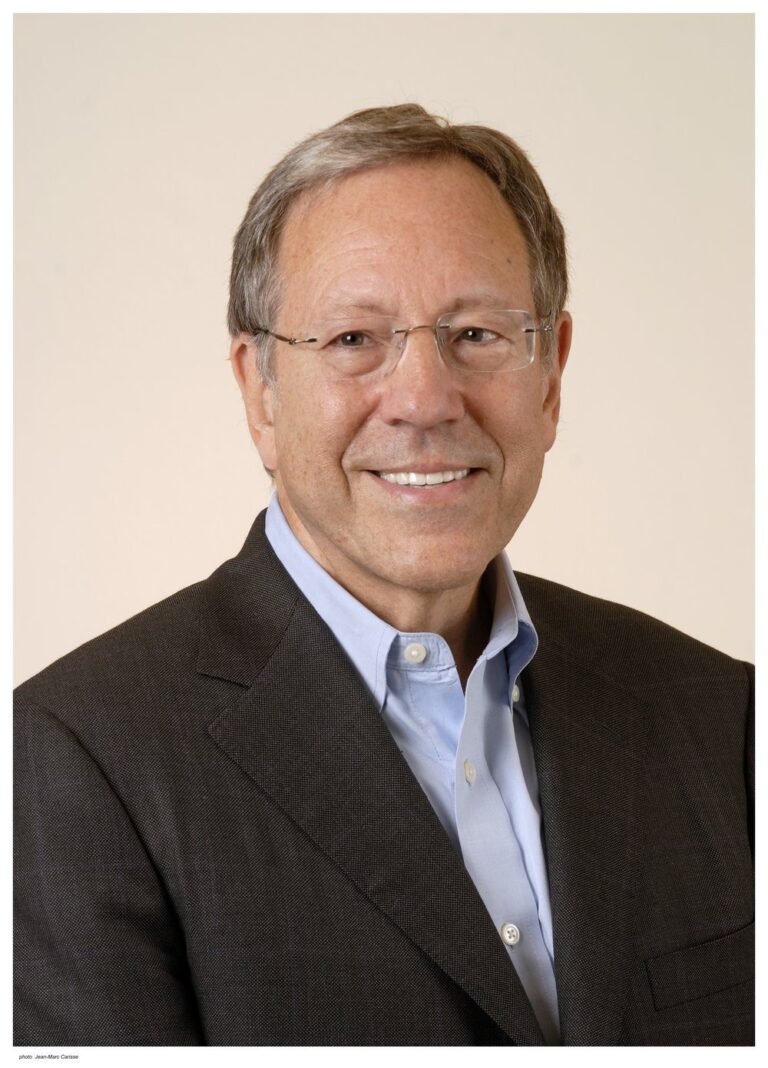 New York Sen. Kristen Gillibrand is accusing federal agencies of dragging their feet on a decision over whether to tighten controls on the addictive painkiller hydrocodone.
New York Sen. Kristen Gillibrand is accusing federal agencies of dragging their feet on a decision over whether to tighten controls on the addictive painkiller hydrocodone.
Gillibrand, a Democrat, sent a letter Thursday to the Drug Enforcement Administration and Food and Drug Administration, which have been studying since 1999 whether to move hydrocodone medicines like Vicodin into a more tightly controlled category of drugs.
Hydrocodone has become one of the country’s most-abused medicines, accounting for hundreds of deaths and thousands of emergency room visits over the last decade.
“I am concerned with the perceived lack of response to an emerging and concerning issue,” Gillibrand wrote. “I am disappointed that neither agency has prioritized the completion of this study.”
Gillibrand sent the letter to the two agencies after a robbery went awry at a Long Island pharmacy on Saturday. Police say the robber stole prescription painkillers and cash from the Seaford, N.Y. store.
A federal agent who was in the store followed the thief outside. An off-duty police officer and a retired police officer who were nearby went to the scene and found the pair wrestling for a gun on the ground. In the confusion, the agent and the robber were shot and killed.
In June, another robber walked into a pharmacy in nearby Medford, N.Y. and killed four people before leaving with 11,000 hydrocodone pills.
Experts say painkiller addiction has been driven partly by a loophole in the 1970 Controlled Substances Act. That law classified pure hydrocodone as a strictly controlled Schedule II drug, but put combination products, such as pills containing hydrocodone and acetaminophen, into the less strict Schedule III.
Because of the loophole, patients can refill a prescription for a hydrocodone-acetaminophen drug like Vicodin up to five times. A prescription for a similar oxycodone product, such as Percocet, can only be filled once. Critics say the loophole has flooded American medicine cabinets with hydrocodone.
In 1999 the DEA and FDA began reviewing whether they should reschedule hydrocodone combination products. But an Associated Press review of regulatory documents and court filings shows the agencies have repeatedly passed the rescheduling study back and forth, with no final decision made.
“The growing abuse of prescription drugs is alarming. We must immediately examine whether tougher rules for prescription painkillers are needed to reverse this epidemic,” Gillibrand said in a written statement Thursday.
Frustrated by the 13-year delay, 58 members of the U.S. House of Representatives have filed a bill that would bypass the agencies’ rulemaking process and put hydrocodone combination products into another schedule.
The New York Senate is also considering a bill that would do the same under state law.
Meanwhile, four companies are developing pure hydrocodone medications that would be far stronger than existing pills. One of them, San Diego-based Zogenix, says it plans to file an application with the FDA early this year.
(Source: NBC New York)










